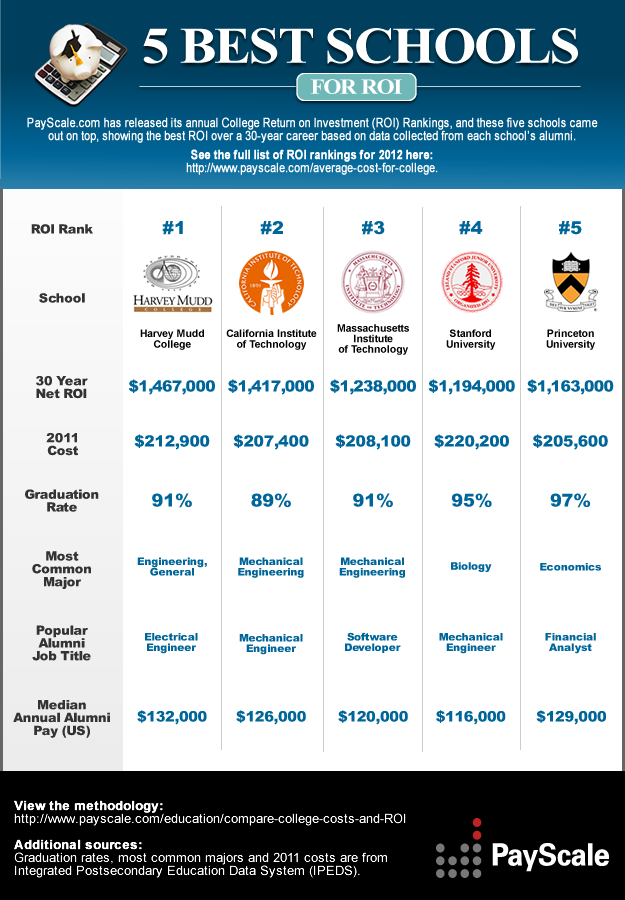"Well? What do you think? Do I have a shot at improving my
score?" Karen looked really anxious. Following a friend's recommendation, she
came to see me with a typical dilemma: despite taking a long prep course at a
well-known prep company and investing many months in study and practice, Karen
achieved a GMAT score of 660. Although this is a high score attained by only 20%
of examinees worldwide, it wouldn't have sufficed to ensure her a place on one
of best MBA programs in the world. The average GMAT score of successful
applicants to these programs is between 700 and 730.
"Standard deviation diagram" by Mwtoews - Own work, based (in concept) on figure by Jeremy Kemp, on 2005-02-09.
For many years it had been Karen's dream to do an MBA in an Ivy
League b-school. She saw it as a launching pad to a successful and ambitious
career which could take her anywhere in the world, and she certainly wasn't
planning on giving up that dream just because of an entrance exam.
Karen isn’t alone: all over the world dissatisfied examinees who
hoped to attain higher scores than they did are trying to understand if they
can improve their score, and if so - how?
The good news for Karen and GMAT candidates like her is – yes, of
course you can improve your score.
Let's begin with some statistics: According to official GMAC data
(GMAC is the organization that administers the GMAT), 75% of those who sit the
exam for a second time do improve their score. On average, they improve their
total score by 33 points (the average improvement in the quantitative section
is 2.5 points, and 2.1 in the verbal section).
Having said that, the higher the score achieved the first time
around, the more difficult it is to improve the second time around. The graph
below shows the improvement of re-takers. As you can see, those who got a low
score the first the time around (less than 500) improve by 40 points, on
average, in the re-take. But those who got very high scores in the first exam
(700 and over) improve by just 8 points! For examinees like Karen who got 600-690
the first time round, re-taking the test leads to an average improvement of 20
points.
You can also see that the more the test is taken, the smaller the
margin of improvement becomes and could even decline.
And now for the really good news: with the help of a personalized
study plan which focuses on identifying and improving the examinee's
weaknesses, scores can be improved by 60-70 points and sometimes by more, even
for those who achieved a very high score the first the time around.
How does it work?
First, we assess the student's current situation. Does the score he
or she attained in the first test accurately reflect that person's true abilities?
That is to say, throughout the prep period, did the candidate get similar
scores to the score achieved in the real test? Or was the test score anomalous?
If it was indeed uncharacteristic, we look for a reason. For most,
it comes down to a combination of stress leading to a decrease in function and
concentration and improper application of time management strategies. In an
adaptive test like the GMAT, improper time management is likely to have a great
influence on your score. This problem is relatively easy to resolve by applying
correct strategies and practicing. In
this way, a score can be improved by 20-30 points almost immediately and with virtually
no effort.
But for Karen, it was different: throughout the study period, she
had been scoring 650-680, so her test score certainly couldn't be considered a
surprise. In cases like these, we make a thorough assessment in order to
identify problems in technique and difficulties in understanding. With Karen, we
discovered that she was approaching the questions in an improper manner, using
mediocre study materials and was lacking complete control in all of the topics
required in order to achieve a really high score. We built her an intensive 3
week study program so that she could retake the test exactly a month after her
first attempt. The program included focused work on specific topics that had
been problematic for her and broader work on her general technique, as well as
many practice tests.
The results were dramatic: Karen achieved 730, an improvement of 70
points compared to her first test!
Karen's story is typical of many GMAT candidates. A score is definitely
something that can be improved, but it's necessary to carry out an in-depth
assessment of the relevant problems which led to the low score and build a
comprehensive study plan that properly addresses these problems.
And what about Karen? She called me this week: "I've got an
interview for Harvard Business School!"
So good luck Karen, wishing you the best of luck! J
____
Doron Aaronsohn, MBA, is the CEO of Ofek GMAT, prepping students
worldwide for the GMAT exam.












